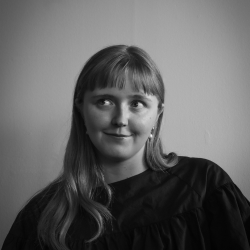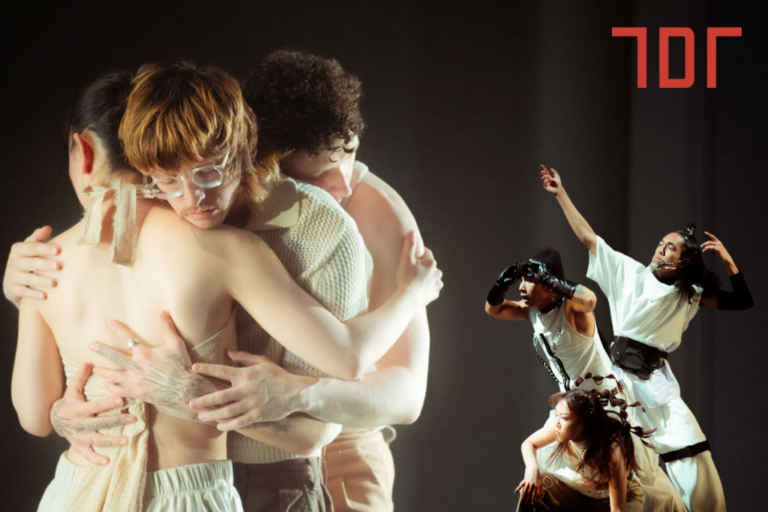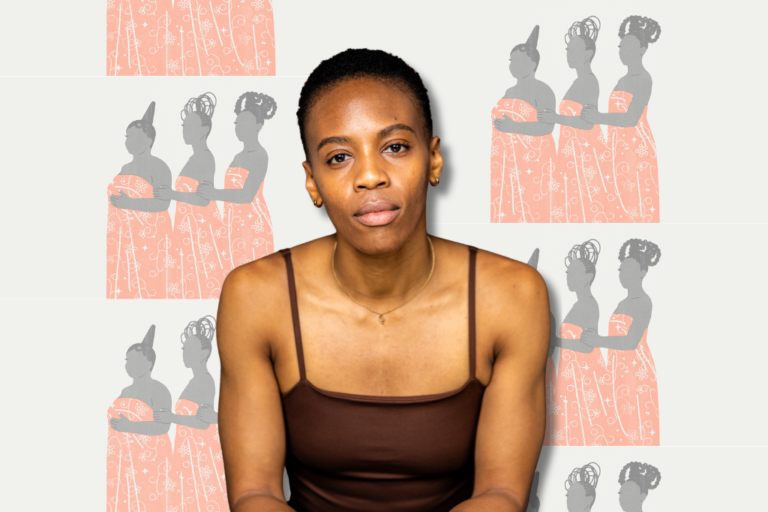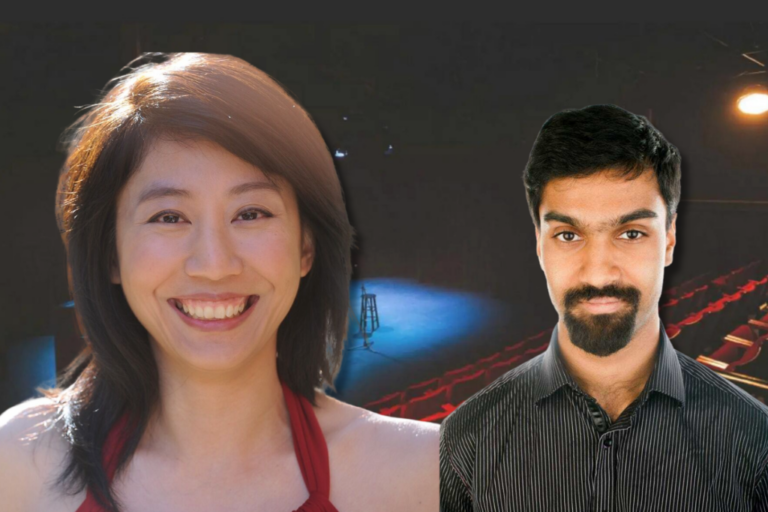‘Documentation Matters’: In Conversation with Theatre Out of the Shadows
Three women playwrights enter a theatre festival; one is from ancient Greece, one is from 17th century Japan, and one is an American writing in Paris in the 20th century.
Through their upcoming festival, Theatre Out of the Shadows, Shadowpath Theatre is “trying to … raise awareness and bring some attention to the fact that women were creating [since] antiquity,” said Alex Karolyi, the company’s artistic director, in an interview.
Karolyi shared that Shadowpath began researching women writers throughout history four years ago, by forming script reading committees to “gain the opinion of [their] peers” and reflecting on which stories were “most relevant, and significant.” This year, three stories seemed especially important to share.
Focusing on a variety of women who wrote plays as a way to understand the world around them, Theatre Out of the Shadows (or TOOTS) juxtaposes women who faced a variety of challenges to present an empowering reminder: histories allow us to better understand the present. The festival will include Sappho Fragmented (directed by Alex Karolyi), Okuni through the Misty Clouds (directed by Mei Miyazawa and Airi Okamoto), and Gertrude Stein’s Three Sisters Who Are Not Sisters (directed by Maissa Bessada). Performing first at the Varley Art Gallery in Unionville, the festival will later move to a Queen Street storefront to showcase the performance in a second, more central location.
This year, Shadowpath Theatre is producing its third iteration of TOOTS, which offers audiences an immersive theatrical experience where they can learn about women in history. I met with three of the creators involved in the festival – Alex Karolyi, Maissa Bessada, and Airi Okamoto – to discuss the importance of this kind of excavation work in the present moment.
Bessada quickly noted that “these are stories about empowering women and giving them a voice…these women are all innovative and powerful and strong and are unapologetic in who they are and what they are saying.”
“The Okuni characters are a throughline for the festival because they actually appear in the two other plays,” Korolyi said, guiding the audience through Sappho Fragmented and Three Sisters Who Are Not Sisters. Okuni, the central character of Okuni Through the Misty Clouds, is the woman who created Kabuki around 1600 by defying the rules of cross-dressing, and class division. By 1629 government officials in Japan had banned women from Kabuki, taking away the space that Okuni had created for herself and many other women.
“We are trying to integrate traditional Japanese dance… and even post contemporary jazz to create something new,” Okamoto shared, a similar risk to what Okuni did 400 years ago.
The three plays each have distinct but complementary themes such as love and anguish, loss and renewal, and delight and destruction, and they utilize recurring motifs, or “tendrils,” to weave together the narratives. Using collaborative directing styles, and working from dance backgrounds, the directors have used the poetic base of the texts to create a “rhythm throughout the festival.” Karolyi continued, “there’s something very organic about theatre coming from the body.”
When I asked about how “the audience [becomes] part of the world of the play”, Karolyi explained how the festival begins. “The experience kicks off with them selecting a flower…depending on the flower they select, that will determine how they are going to experience the plays. So in that sense, we empower the audience to make their own decisions through our artistic course.”
The Varley Art Gallery features paintings on the wall which provide an immersive experience, wherein the audience is surrounded by artworks that extend the playing space of the performance. The walls are adorned with artworks that tell stories allowing the audience to witness documents that attest to one of the ways history is remembered.
The Queen Street storefront location, meanwhile, invites the audience into a multi-floor event space. “The space becomes part of the performance,” Bessada said. “The Okunis lead the audience to other worlds within the space by bringing them downstairs to a sunken bunker.”
Karolyi noted that she has “always loved Gertrude Stein’s take on nonsensical life because when you live in the real world it is even more crazy than a Stein play.” While developing TOOTS, the Shadowpath team reflected on how women are still excluded or marginalized in creative industries, similar to the ways that these women playwrights were expelled from their artistic practices and, at times, subject to erasure.
This trio of stories ripples across time, building resonances with new audiences through the plays’ familiarity rather than seeming out of place, a sentiment expressed by University of Toronto scholar Sarah Dowling. Dowling, whose research focuses on “grounding” and poetry, said that “the questions of context and place are very exciting when we think about performing these three plays today. Each of them comes from a culture or country or moment distinct from what people living here, today, might think of as our ‘own.’ But nonetheless, they are all works to which people today feel very connected — they are all very important to feminist artists in particular. Shifting these plays and poems into new performance venues, and into the context of our present, creates an ongoing life for them.”
Sappho Fragmented takes on the idea that women were marginalized throughout history, limiting their artistic output and space in the archive — not to mention that only certain women had access to these spaces. “The reason why the play is called Sappho Fragmented is because we actually don’t even have a full poem or biography or history…all we know [about] Sappho is what other people wrote about her.” Karolyi says that the “lesson [she’s] taking from this is that documentation matters.”
When I asked the creators at TOOTS what word they might use to describe the entire performance, Karolyi looked at me bravely and said “experimental,” mostly referring to the style of performances and the general approach the team has used to meld Sappho, Okuni’s Kabuki, and Gertrude Stein.
It’s true that what TOOTS is doing is experimental, following in the footsteps of the women who they are recognizing at their festival. Koralyi acknowledges the difficulty women faced creating art throughout history.
“They had a harder time doing that, but it’s even more miraculous that they did it and that it was profound and meaningful and significant.”
Theatre Out of the Shadows runs in Unionville at the Varley Art Gallery from July 14-16 and in Toronto from July 21-23. Tickets are available here.









Comments